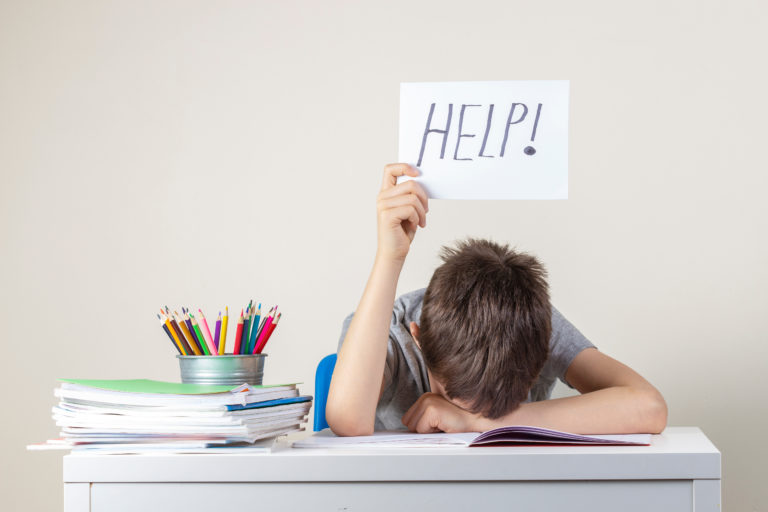Overview
This blog addresses common parental concerns about children’s reading difficulties and provides practical strategies for making reading time more positive and productive. It covers key areas including the importance of short, manageable sessions, the value of decodable readers, and multi-sensory learning approaches. It emphasizes how building fundamental skills like phonemic awareness will help create confidence for a struggling reader, while offering reassurance to parents facing reading challenges with their children.
Many parents find themselves wondering “Why can’t my child learn to read?” or struggling to make reading time a positive experience. If you’re facing reading challenges with your child, you’re not alone – and there are many practical strategies that can help.
Understanding the Struggle
Reading problems in children can stem from various sources. Sometimes it’s about confidence, sometimes it’s processing or problems with phonemic awareness (sounds that make up words c-a-t), and often it’s a combination of factors. Sometimes, it is the way it is being taught. If you’re school is not teaching reading using a structured, synthetic phonics program then many of the students will struggle. When children find reading difficult, they typically avoid it, creating a cycle that can be challenging to break.
Making Reading Time Better
Here are some simple but effective approaches:
- Keep it Short – Start with just 5-10 minutes. It’s better to have a short, positive experience than a longer, frustrating one. You can gradually increase the time as confidence grows.
- Share the Load – Take turns reading pages. This gives your child breaks and lets them hear fluent reading. Many parents ask, “Does reading to your kids help them learn to read?” The answer is no, it does not “teach” them to read but it does help them with vocabulary, comprehension, and a love of stories.
- Make it Multi-sensory
• Draw pictures about what you’ve read
• Use funny voices
• Track words with a special pointer or finger - Choose the Right Books – For struggling readers, reading level matters. Books should be easy enough that your child can read most words without help. Success builds confidence! Decodable readers are particularly valuable in the early stages of learning to read. These specially designed books contain words that your child can sound out using the letter patterns they’ve learned. Unlike traditional early readers that rely on guessing from pictures or memorizing sight words, decodable books give children practice in applying their phonics knowledge. This builds confident, independent readers who have strategies for tackling unfamiliar words.
- Build phonemic awareness (understanding individual sounds in words) – Help your child sound out the letters in a word and blend them together. This helps children develop the decoding skills they need to tackle new words independently. Try tapping out sounds and syllables, or using magnetic letters to make it fun and physical.
- Follow Their Interests – Whether it’s dinosaurs, soccer, or cooking – using high-interest topics can coax a reluctant reader into an active participant. I know it’s obvious but sometimes the books sent home from school are not relatable, it’s okay to use your own, just make sure to adhere to point 4.
This is an excellent overview of how kids learn to read:
Getting Extra Help
Sometimes, despite our best efforts, children need additional support. The best intervention for struggling readers comes from structured, systematic programs delivered by trained professionals. When considering extra help it is important to make sure the program used is evidence-based. Not all programs are created equal but an evidence-based program has been proven to effectively teach all children. Early intervention can make a significant difference in a child’s reading journey, however, it’s never too late to help them learn.
Remember
Reading together should be about connection and enjoyment first. When children associate reading with positive experiences, they’re more likely to persist through challenges and develop stronger reading skills over time.
If you’re concerned about your child’s reading development, reach out to their teacher or a literacy specialist. Understanding what causes reading problems in children is the first step toward finding the right support for your child’s unique needs.
Want to learn more about supporting your child’s reading journey? Get in touch to discuss how I can help make reading a more enjoyable experience for your family.






